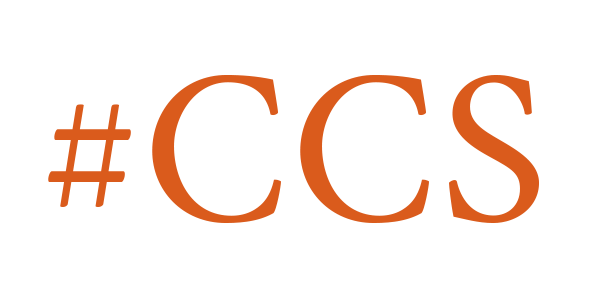Clouds Over the Netherlands: Preserving Public Interest Internet Governance in the Era of Hyperscaler Clouds – report 2025 critical infra lab
Cloud computing is emerging as a critical political issue following the November 2024 elections in the United States, prompting global reassessment of dependencies on American tech giants. Our report considers the Dutch response to increasing cloud reliance through a case study of an Internet governance organization’s migration to Amazon Web Services (AWS), the cloud computing subsidiary of tech giant Amazon. Our investigation reveals that public interest organizations moving to hyperscaler clouds undergo fundamental institutional changes that compromise their public service missions. Simultaneously, we find the current debate is problematically framed through nationalistic-militaristic concepts like “digital sovereignty” and “strategic autonomy,” often leading to the harmful securitization of cloud alternatives. In early 2024, the Foundation for Internet Domain Registration in the Netherlands (SIDN) announced plans to migrate part of its critical functioning to AWS. This decision triggered intense debate about the future of “the Dutch internet”.
This report examines SIDN’s decision to move part of .nl to AWS.com and what this choice tells us about broader shifts in managing critical internet infrastructure. It is a compelling example of the potential harms when internet governance organizations—or other institutions with public interest mandates such as governments or universities—rely on ‘hyperscale’ cloud giants AWS, Google, and Microsoft. The case study of SIDN illuminates how cloud computing is changing Internet governance by undermining its foundational public interest assumptions. Internet governance requires technical resilience and institutional independence; the turn to the cloud undermines both. This report argues that cloud move means inviting AWS, and its corporate logics, into SIDN. This pattern extends beyond SIDN to numerous public institutions increasingly entangled in commercial cloud ecosystems.
You can find the report and the concrete recommendations it makes here
Eaten by the Internet – book 2023 with Meatspace Press
This book makes internet infrastructure visible as a force of political power, which is transforming the social world, from the bottom up—through fifteen chapters contributed by a global set of researchers, activists, and techies. We are living in a unique moment: internet technologies are the default infrastructure for society, not just how we communicate but also how we organize our social life, politics, and economy, all the way down to our material environments, like cities.
The internet eats our world. Those who control the internet control the bounds of public speech, economic production, social cohesion, and politics, making its infrastructure a core political terrain in the networked age. The book’s chapters cover a wide set of topics, spanning from the global politics of content moderation by internet infrastructure to the colonialism inherent in the race to plug the moon, from the harms wrought by blockchain companies in rural America to the particularities of online censorship across Asia.
In doing so, this book roots contemporary technology debates in the politics of internet infrastructure and urges us to ask how can we ensure our infrastructures sustain us, rather than consume us?
The book is available for ordering online here and you can download a free copy of the pdf from the publisher’s website!
Feel free to reach out for copies.
